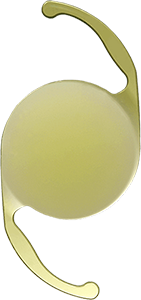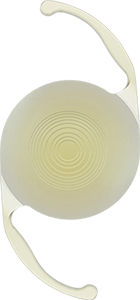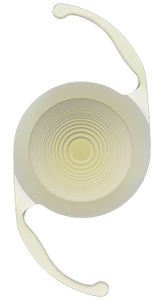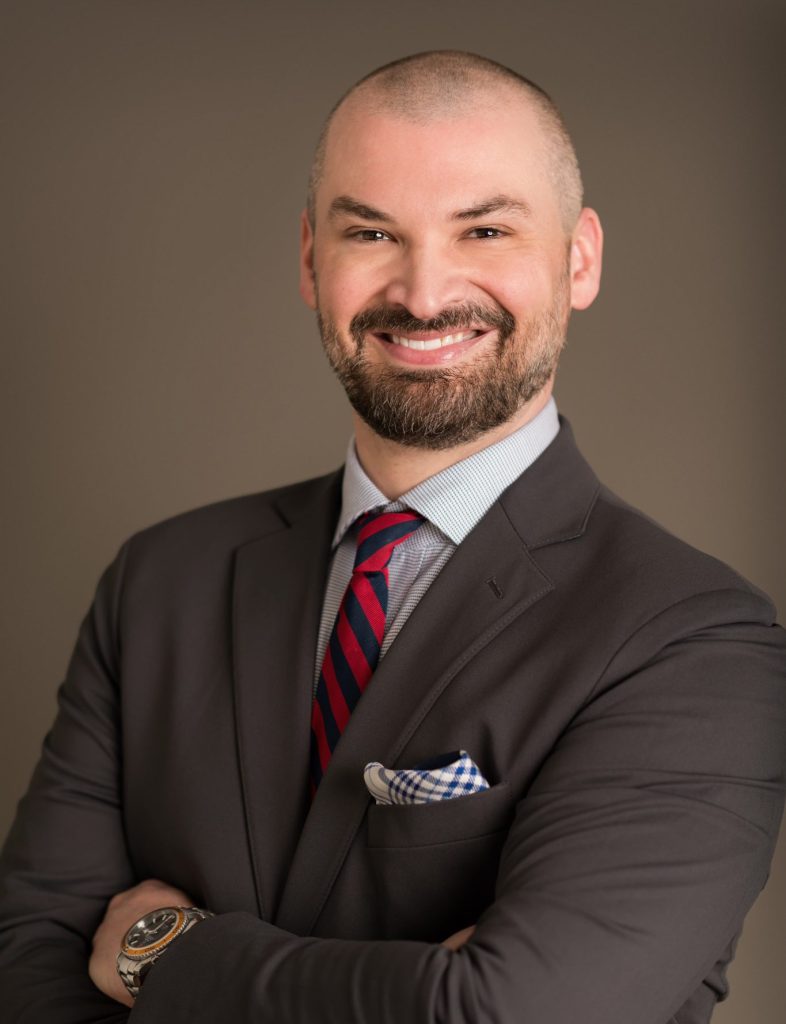Cataract Surgery
What Are Cataracts?
Cataracts are often caused by age, meaning everyone will experience them at some point. At Center for Sight, our cataract surgeons have the experience and knowledge to improve vision that has been affected by cataracts.
A cataract is a clouding of the eye’s natural lens located behind the iris and pupil. The lens is made of water and protein and helps focus light onto the retina, allowing you to see clearly. As you age, the proteins in the lens can break down, causing it to become cloudy or opaque. This cloudiness interferes with light’s ability to pass through the eye, leading to blurry vision. Cataracts can also develop due to an eye injury, certain medications, or medical conditions such as diabetes. Cataracts develop slowly over time, and symptoms may not be noticeable for years. However, as the condition worsens, you may experience various symptoms, including blurred or cloudy vision, halos around lights, or difficulty seeing at night.
How Do I Know If I Need Cataract Surgery?
Cataract surgery is typically recommended when vision loss interferes with your ability to perform typical daily activities such as driving, reading, or watching TV. The best way to know when it is time for cataract surgery is to schedule an appointment at Center for Sight for an evaluation.
During a cataract evaluation, your eye doctor will take a detailed medical history, including your family history, and conduct a thorough eye exam. If your eye doctor finds signs of a cataract, they may recommend cataract surgery depending on the severity of your symptoms.
Are you experiencing symptoms of cataracts? Schedule a cataract evaluation at one of our three convenient Center for Sight locations today!
Cataract Symptom Checker






Are You a Candidate for Cataract Surgery?
Take our Cataract Self-Test and find out!
What Happens During Cataract Surgery?
Cataract surgery is typically performed on an outpatient basis, meaning you can go home the same day. First, your cataract surgeon will dilate your eyes and administer numbing drops to ensure you are comfortable during the procedure. Then, they will make a small incision in your cornea, break the cloudy lens into small pieces, and remove them. Next, the intraocular lens (IOL) is inserted through the same small incision and positioned to replace your natural lens. Following the procedure, your cataract surgeon will conduct a post-operative evaluation before you’re released home.
Advanced Cataract Technology is at Center for Sight
At Center for Sight, our cataract surgeons utilize some of the most advanced technology to ensure your cataract surgery is as safe and effective as possible.
Optiwave Refractive Analysis (ORA)
ORA, is a tool used during cataract surgery to improve the accuracy of lens power selection and your visual outcome. The ORA system measures your eye’s refractive error and provides real-time feedback to your cataract surgeon, allowing for adjustments to be made during the surgery to optimize the lens power and alignment.
Premium IOLs
At Center for Sight, we offer a variety of premium IOLs that may allow eligible patients to experience greater visual freedom after cataract surgery. We currently offer the Alcon Clareon Vivity, PanOptix and Toric IOLs.
Vivity IOL

The Vivity IOL offers a unique monofocal-quality distance with excellent intermediate and functional near vision, resulting in improved visual acuity at a range of distances.
PanOptix IOL

The PanOptix IOL is a trifocal IOL designed to provide clear vision at near, intermediate, and far distances and reduce the need for glasses or contact lenses after surgery.
Toric IOL

A toric IOL is an option for correcting corneal astigmatism after cataract surgery.
Our experienced surgical coordinators at Center for Sight will help you determine which lens is best for you based on your surgeon’s recommendations.





